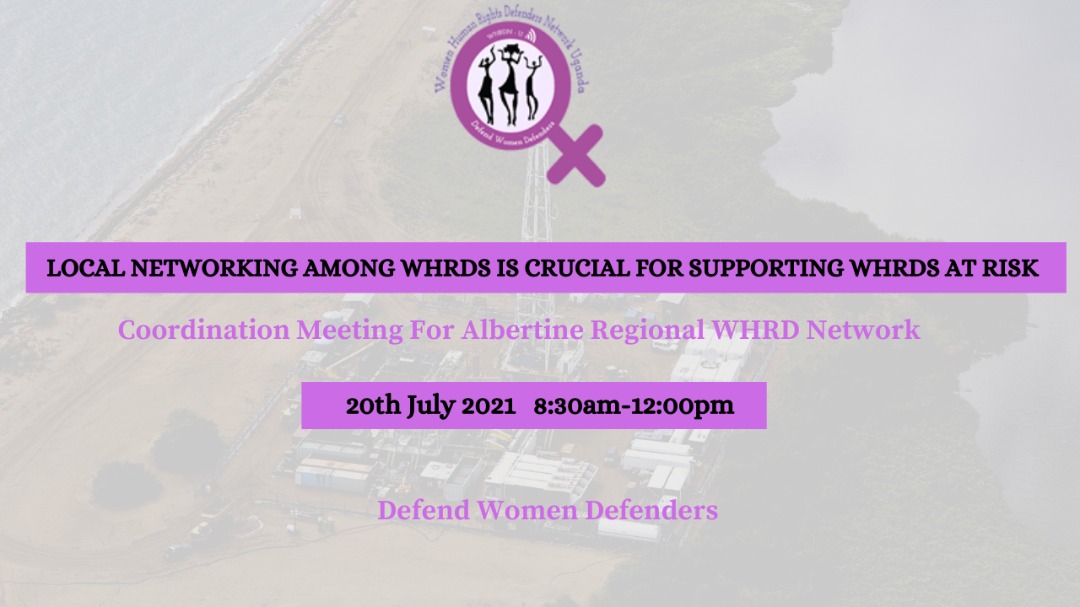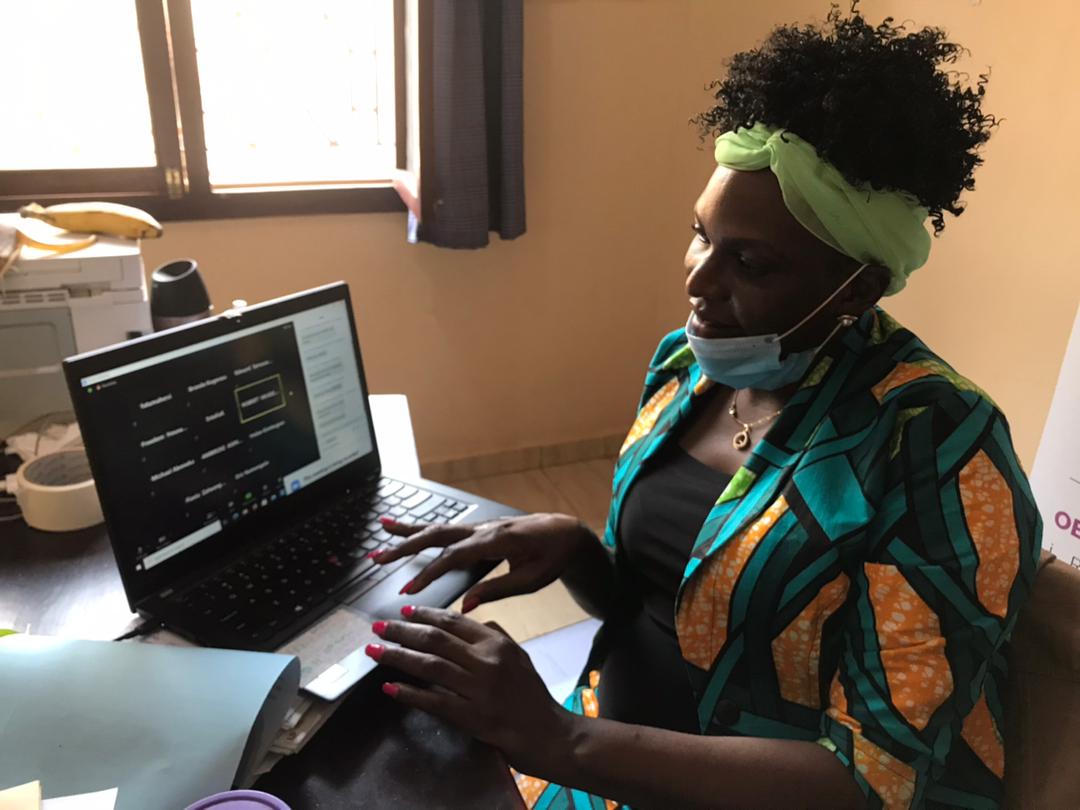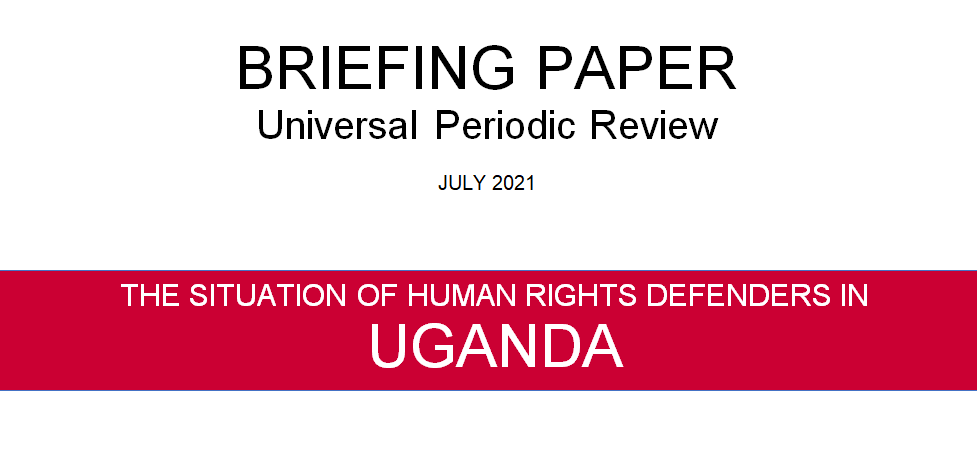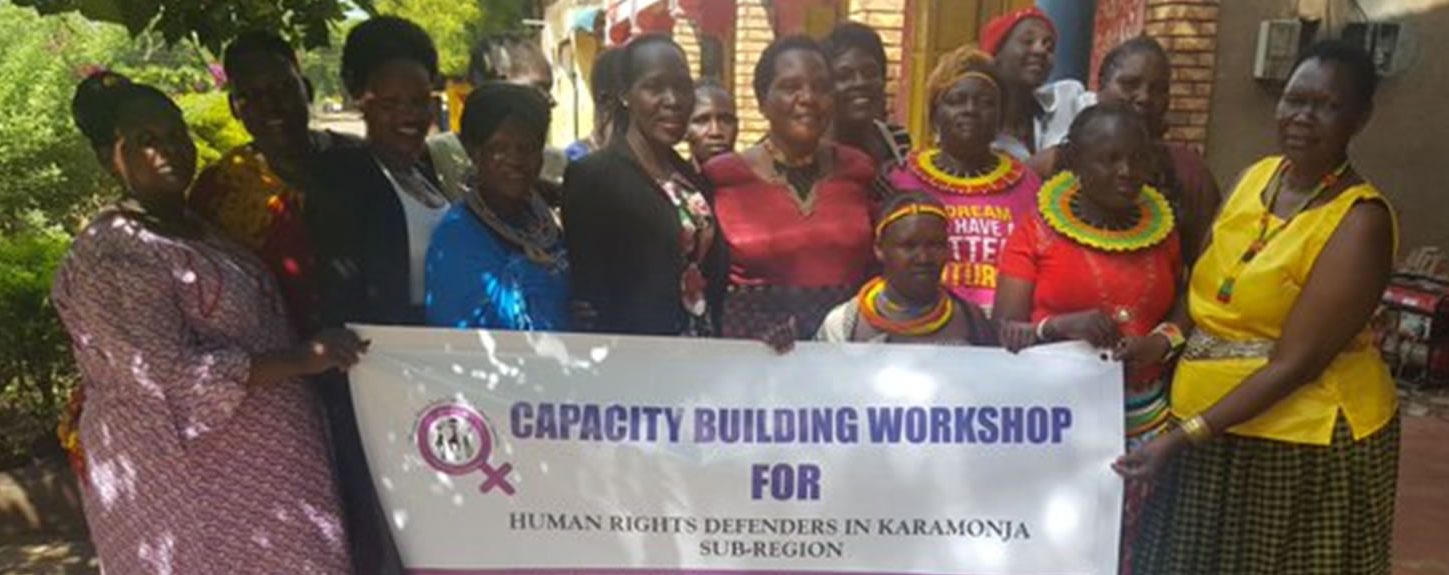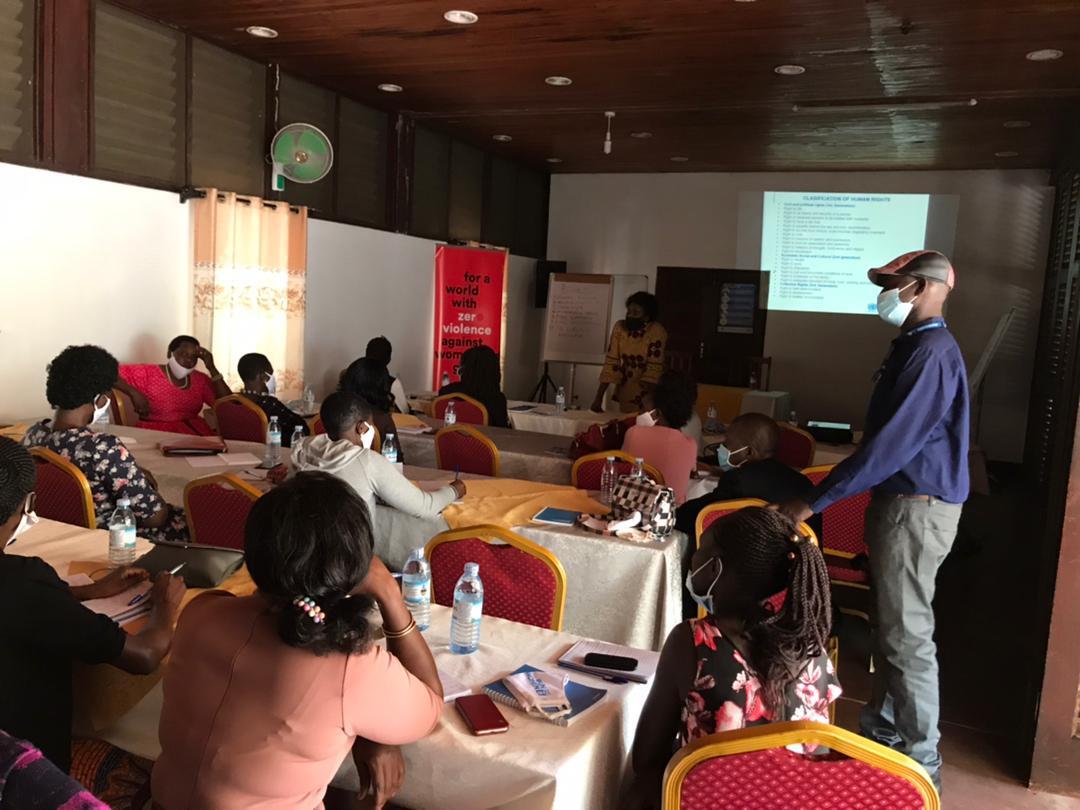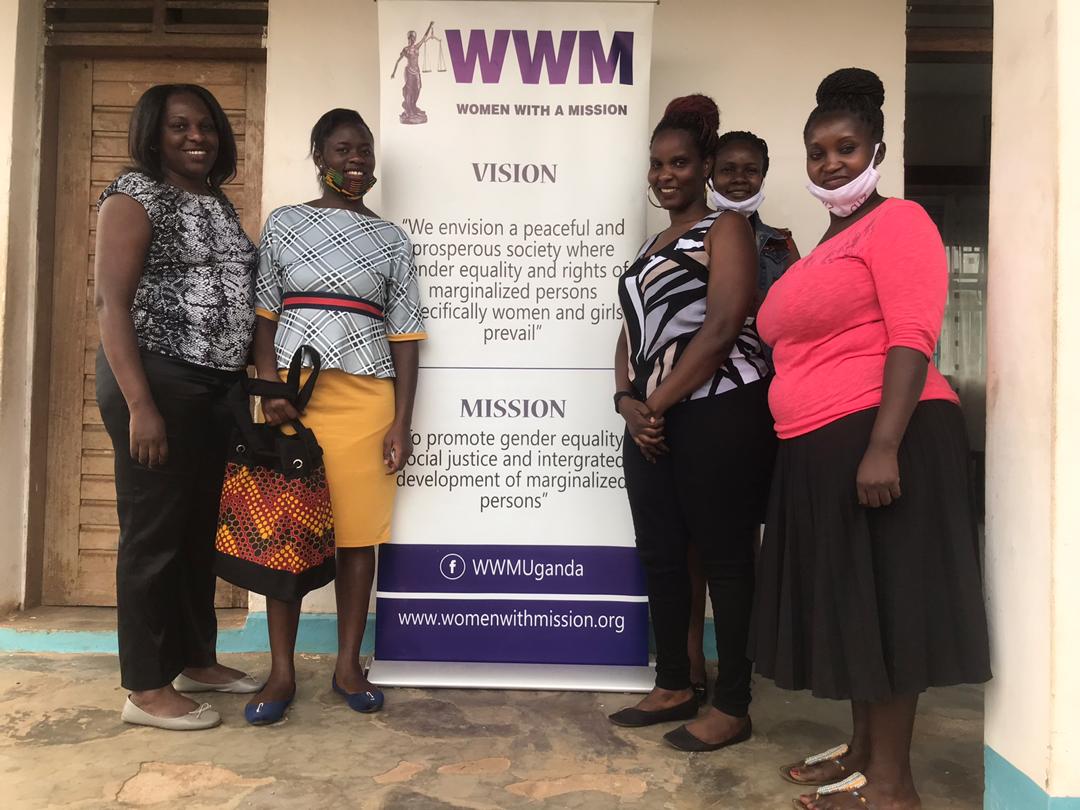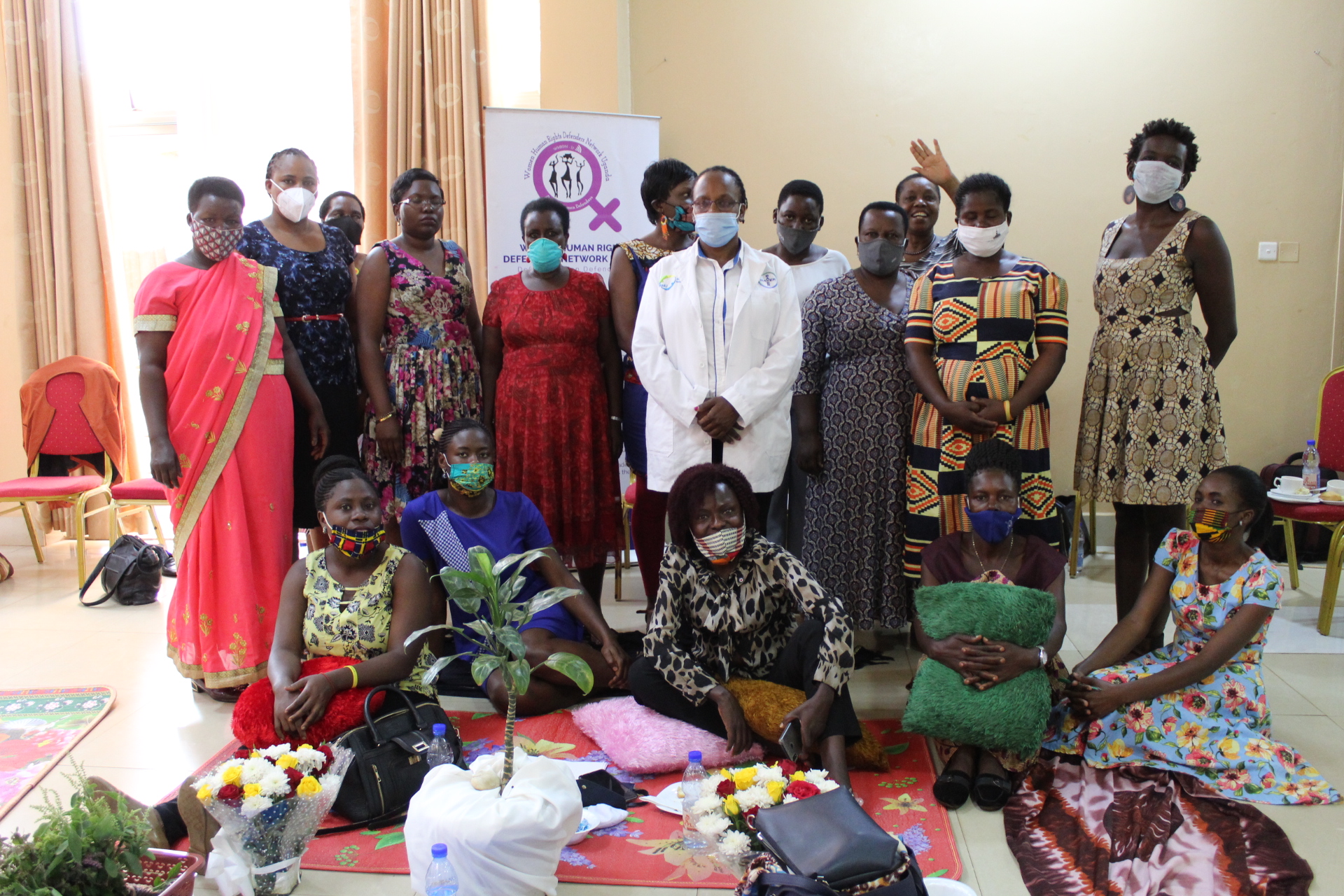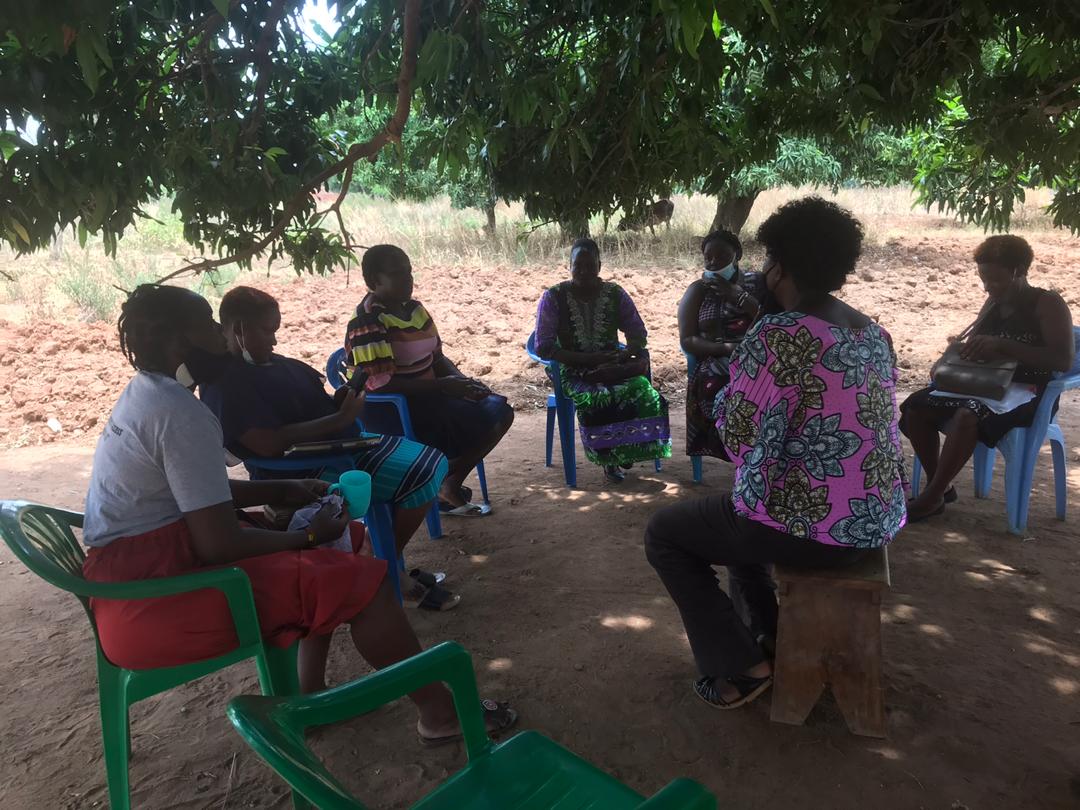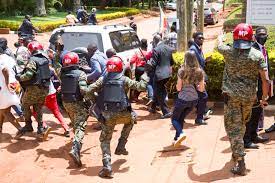On 20th July 2021, 18 Women human rights defenders from Albertine (Kagadi, Hoima, Bulisa and Masindi districts) region were in attendance of a zoom meeting hosted by Women Human Rights Defenders Network Uganda (WHRDNU). Under the theme “Local Networking among WHRDs is crucial for supporting WHRDs at risk’’. The meeting was organized to foster a strong local network in the Albertine region to promote rapid response to cases as a team.
Ms. Brenda Kugonza of the WHRDN-U, commended the good work of WHRDs, she informed members that WHRDs in the regions are involved in various work of defending human rights including; land rights, women’s rights, mining rights, and minority rights.
Ms. Brenda Kugonza, in her remarks, noted that the purpose of the meeting was to facilitate dialogue among women defenders to create a local support system for them. It was also to build capacity to respond to cases at local level. She urged members to offer guidance, solutions or suggestions on how to strengthen joint action to ensure WHRDs are safe and protected.
Ms. Brenda during the meeting expressed concerns of fears, attacks and threats against women defenders emphasizing that over time, the WHRDNU secretariat documented the following challenges, risks and threats among WHRDs in the region:
- Arbitrary arrests
- Threats of closing their organizations by duty bearers
- Threats to harm their families
- Sexual harassment from male duty bearers
- And hate from their communities.
- Being asked for Identification/ documents that allow them to do Human Rights work.
In the plenary discussions, participants shared their experience of fears below;
- ‘’We are being undermined as women and being called women who can’t be married-this is all done to shut us down,’’ said Janepher Baitwamasa the Focal person of Albertine region.
- Insults for example you look like a prostitute, failure in marriage, you are a childless woman or barren, shared Jolly Bategeka from Hoima district.
- ‘’Sexual harassment like bad touches even by law enforcement when reporting abuses, rape, nick- naming Albertine,’’ said Atugonza Harriet from Kagadi district.
- Revenge porn and Blackmail, reported Ajok Flavia from Masindi district.
- Sexual harassment – ‘’I one time went to police to seek for help but this police officer first asked me for sex before he helps with the case… This is tricky because if you don’t yield your issue isn’t addressed’’ explained Alinda Juliet from Buliisa district.
Among the suggestions brought forth to curb these challenges experienced by WHRDs were;
- To continue naming violations against Women defenders, to lobby the government to recognize WHRDs as essential workers in this lockdown, provision of psychological support and a platform to share issues that can be handled jointly as a team in the region.
- Ruth Namuyiga from Hoima district suggested continuous capacity building workshops for WHRDS, motivation of the defenders, creating local networks which are easily accessible to them in their local communities.
- More trainings, self-care workshops and regional meetings were key activities that WHRDNU committed to have for the women defenders.
- To me regional coordination is about sustainability of women’s movements and struggles, said Kabagenyi Marion from Hoima district.
Regional networks will help us be together said Joy Rugunda from Hoima district
Members are seen participating in the zoom meeting below;


